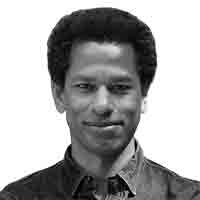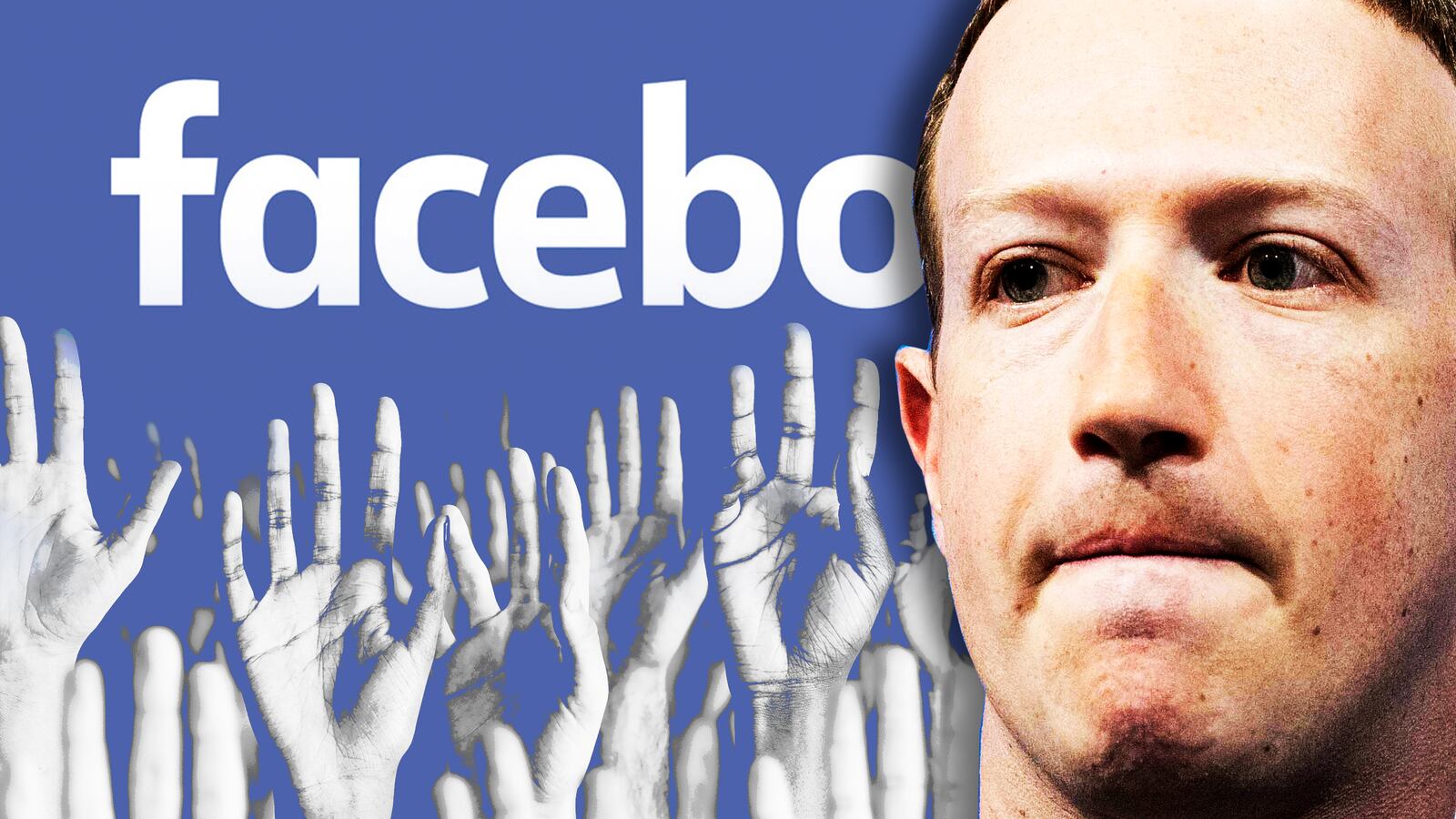When ex-Facebook employee Mark Luckie launched his goodbye letter with the line, “Facebook has a Black people problem,” I knew exactly what he was talking about. He could not have captured the issue in a more novelistic way than he did with this line late in his letter: “In some buildings [at Facebook], there are more Black Lives Matter posters than there are actual Black people.”
He’s saying: You guys are into the appearance of justice more than you are into justice itself and the people it would impact. Your hearts are in the right place, but if that doesn’t include hiring more black people then we’re left with faith without works.
Is diversity truly about helping to right historic wrongs or is it a buzzword meant to give institutions the sheen of racial awareness and thus help white people feel better?
Apparently it wouldn’t take many posters about black lives to supersede the number of black people actually working at Facebook. Their own report on diversity shows that over the last year Facebook has doubled the percentage of black people at the company—from 2 percent to 4 percent. And just 2 percent of the leadership is black. These are anemic and frankly embarrassing numbers for any major company and especially one with a robust black audience.
Luckie points out that not only does the average black millennial use Facebook more than other millenials, but that “African-Americans are more likely to use Facebook to communicate with family and friends daily… Black people are driving the kind of meaningful social interactions Facebook is striving to facilitate.”
Yet the black folks working at Facebook are a skeleton crew. A raisin in a sea of rice. Just like many of the places I’ve worked.
Many times in my career I’ve been the only one or one of very, very few. Quite often, I am the diversity. I was the only black writer at Rolling Stone during my time there in the '90s. I was the only black person on my show’s team at MSNBC. Several other workplaces were similarly bare. These situations create massive power imbalances that leave black people vulnerable to all sorts of things.
At one workplace where I was the only one, during Black History Month someone mocked the holiday by saying to me in front of the entire team, “What about white history month?” Isn’t it funny to dismiss the need for Black History Month during Black History Month and direct that sentiment at the only black person in the room? I don’t go to work to defend my people but if someone says something stupid and I don’t respond, I’ll feel like a chump. So I said something, that “White History Month is every month.” My comment cleared the room. Everyone quietly walked away as if I was the crazy one who’d gone too far and killed the vibe. Moments like that will drive you crazy.
During her book event at the Barclay’s Center, Michelle Obama talked about the power of “the little cuts that eat at your self-esteem.” She’s talking about the microaggressions that can cumulatively eat away at your soul.
Luckie wrote that back Facebook employees often feel like one of their primary values is as an address book of black people.
This is the way diversity has come to function, or at least feel, at too many places: We’re there to provide a conduit to black consumers and/or to make sure white people don’t feel guilty. Living in situations where a black person feels that way can make some of us adopt a whitecentric mindset, by which I mean, judging things through the lens of “What will white people think?” That mindset will warp your mind and damage your soul.
Quite often when I do college lectures, black students ask me how they should respond to the little Tucker Carlsons on their campus who want to have racial dialogue in bad faith while relying on fake facts. To the Tucker Jrs., it’s an interesting exercise. To the black students, it’s like they’re fighting over the worth of their very existence. They ask me to help them win the debates they’re having with these guys in and out of class.
I tell them to ignore the intellectual miscreants. You’re not here to educate white people, I say. You’re not the spice of their college experience. You’re here to get your education so you can get out of here and do what you want to do. You will prove them wrong by the way you live your life, but ultimately, keep the focus on you, not on them. If interactions with the little Tuckers are corrosive to your spirit and they drag you down, then skip them. You don’t owe them a conversation. You owe yourself whatever you need to get your education.
When I say that stuff, and try to unburden black students of the responsibility to educate white students, I see some of their bodies change, as they loosen up and relax as if I’ve just removed a physical burden from their shoulders. They accept the idea that they have to educate white students so deeply that my notion—the only winning move is not to play—is deeply liberating for some of them. But the reason why they need someone to tell them is because diversity is too often creating communities in which we are otherized. Where we’re less employees than black employees. That’s because we’re feeling the results of racial capitalism.
Racial capitalism is when you derive social or economic value from the racial identity of another person. Like the white guy who goes out with his black friend because he thinks it makes him seem cooler. Or the white singer with a black band behind him because it makes him look deeper. Or the white person accused of racism who whips out a black friend as if that proves something.
Nancy Leong, assistant professor at the University of Denver Sturm College of Law, wrote about racial capitalism in the Harvard Law Review in 2013:
“Striving for numerical diversity, without more, results in awareness of nonwhiteness only in its thinnest form—as a bare marker of difference and a signal of presence. This superficial view of diversity consequently leads white individuals and predominantly white institutions to treat nonwhiteness as a prized commodity rather than as a cherished and personal manifestation of identity.”
The problem is not diversity in and of itself. That’s part of America moving forward as a truly integrated nation.
The question is, are you diversifying in a truly meaningful way, or are you using black bodies to help white people?
This is a moment in history when most white people accept the notion that diversity is a social good that should be widely practiced. At the same time, studies find most white people think race is a zero-sum game they are losing (PDF).
Those competing ideologies, that twoness, is baked into the soul of America. It’s why we too often have—as Facebook appears to—tepid forms of diversity that include just enough of it to make whites feel not racist but not enough of it to even begin to threaten their dominance.






